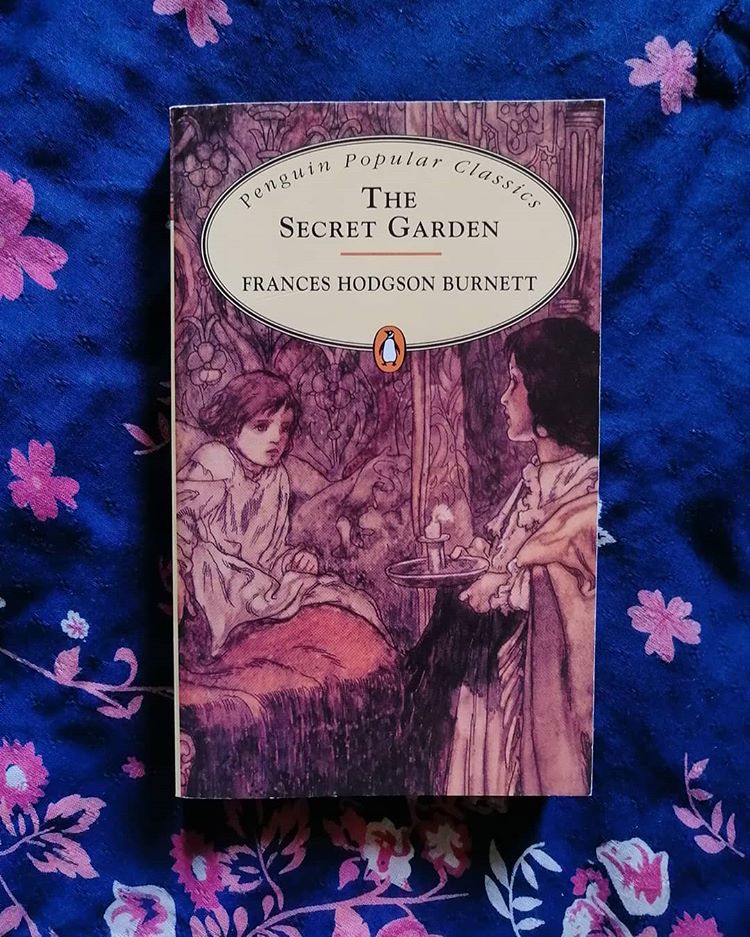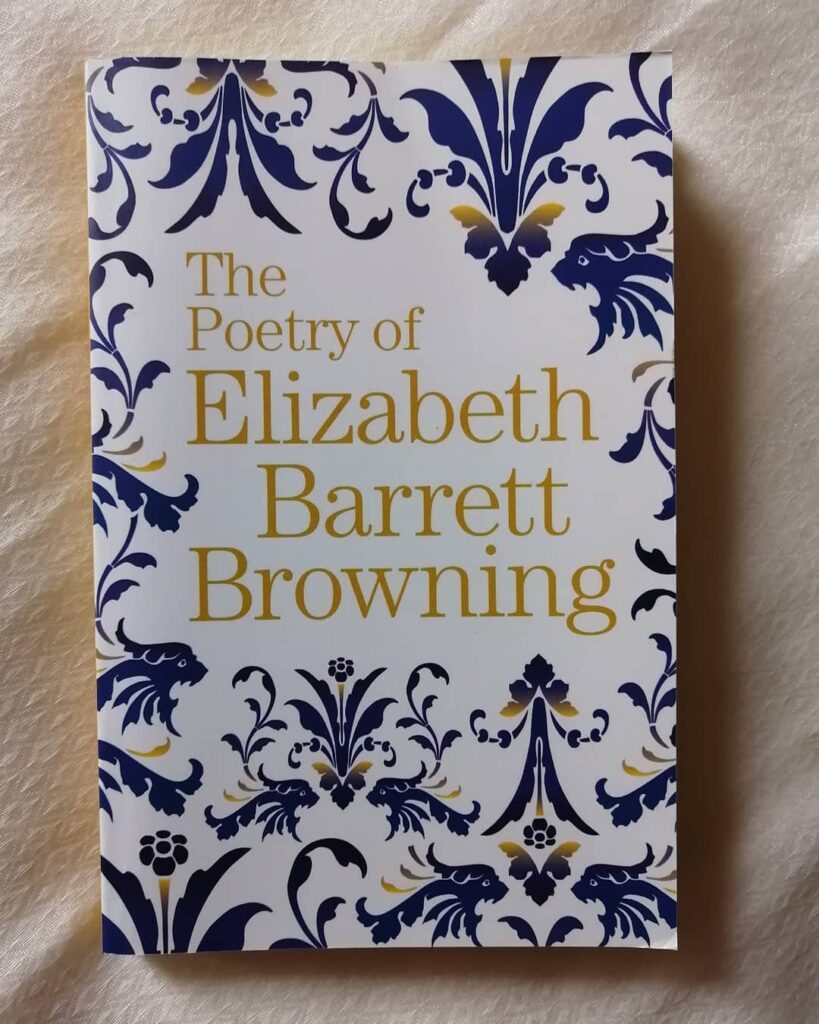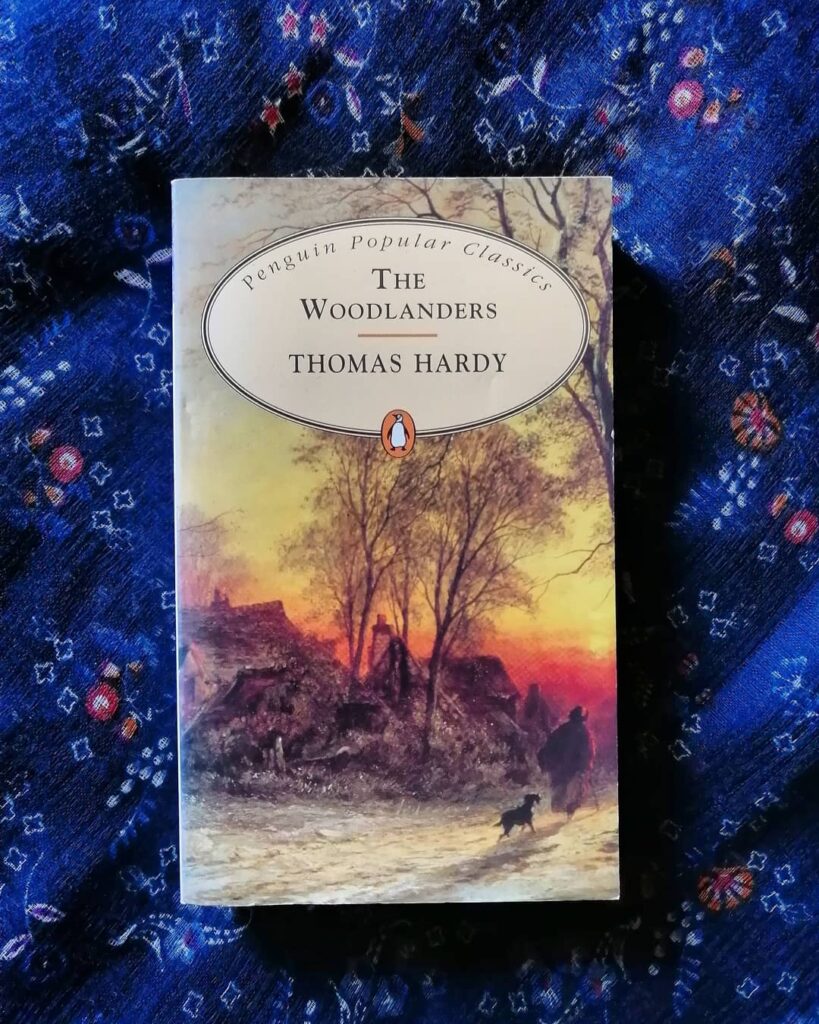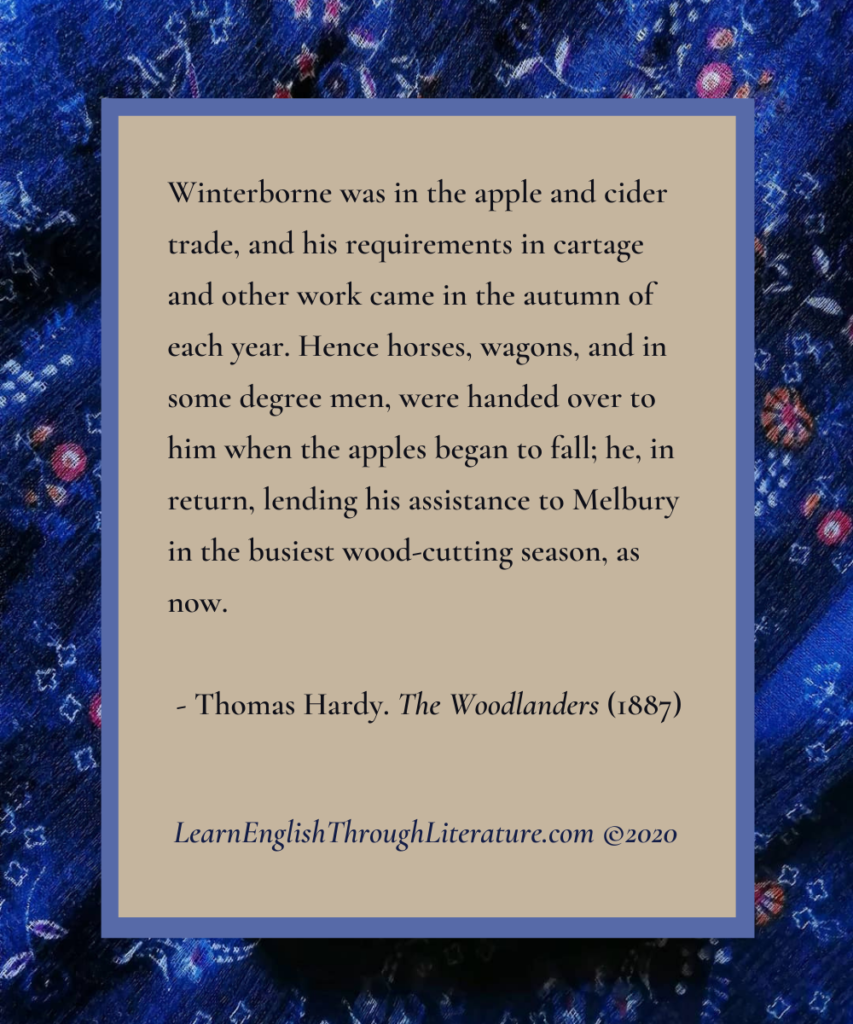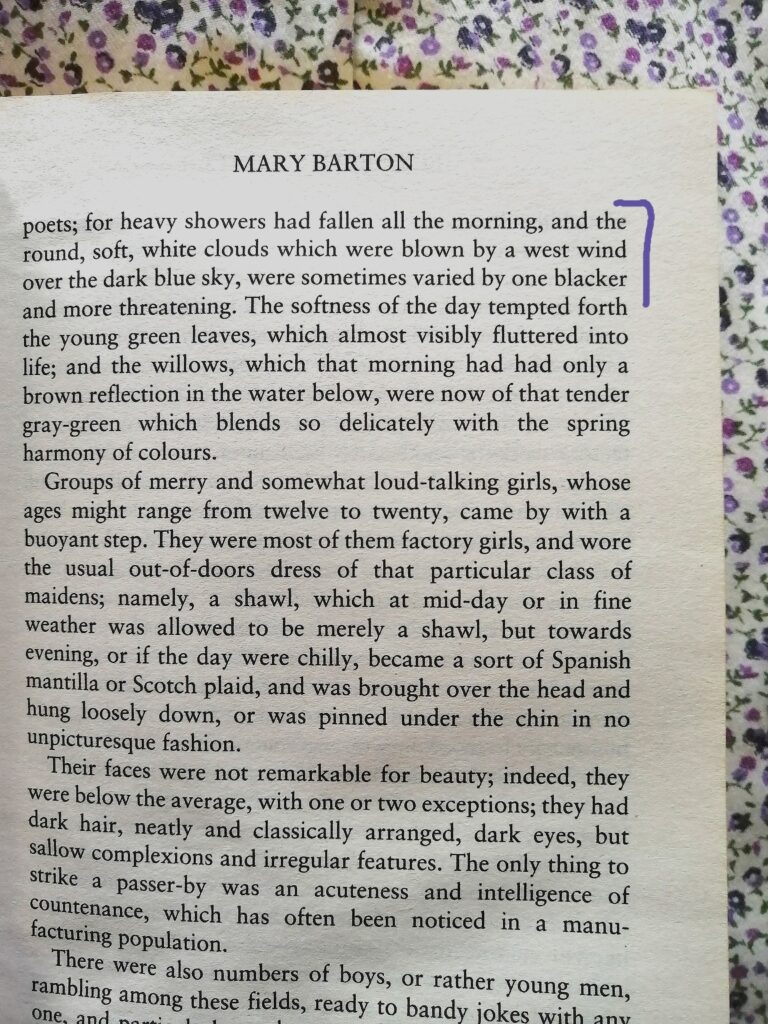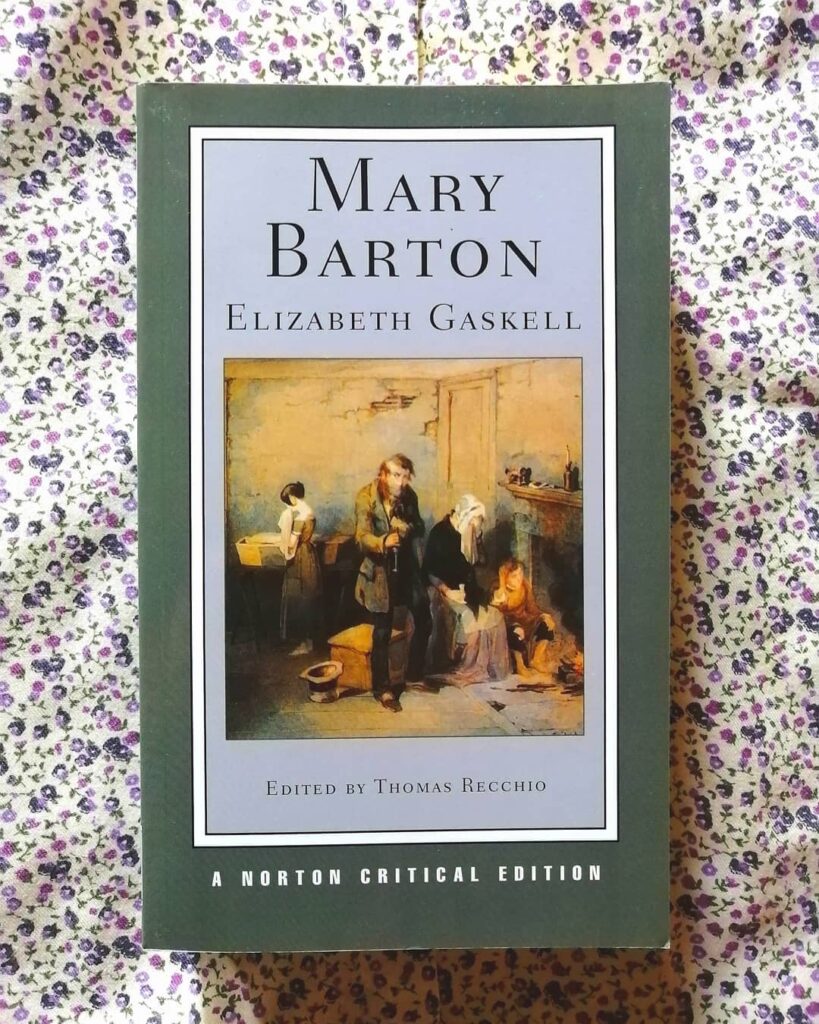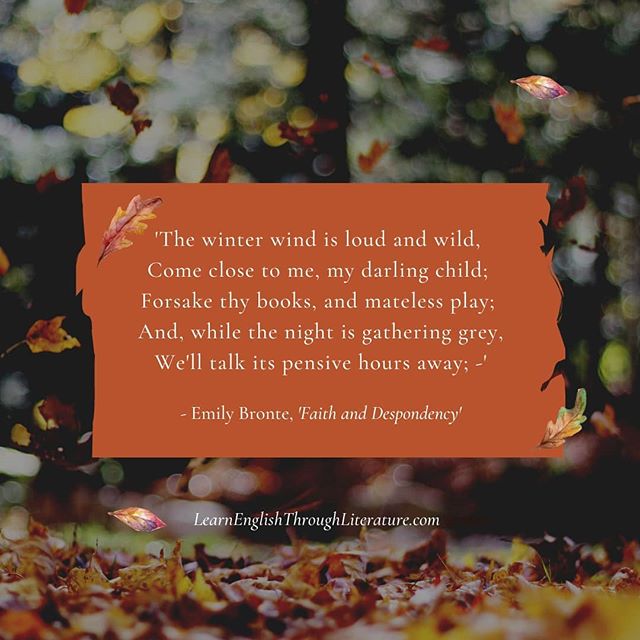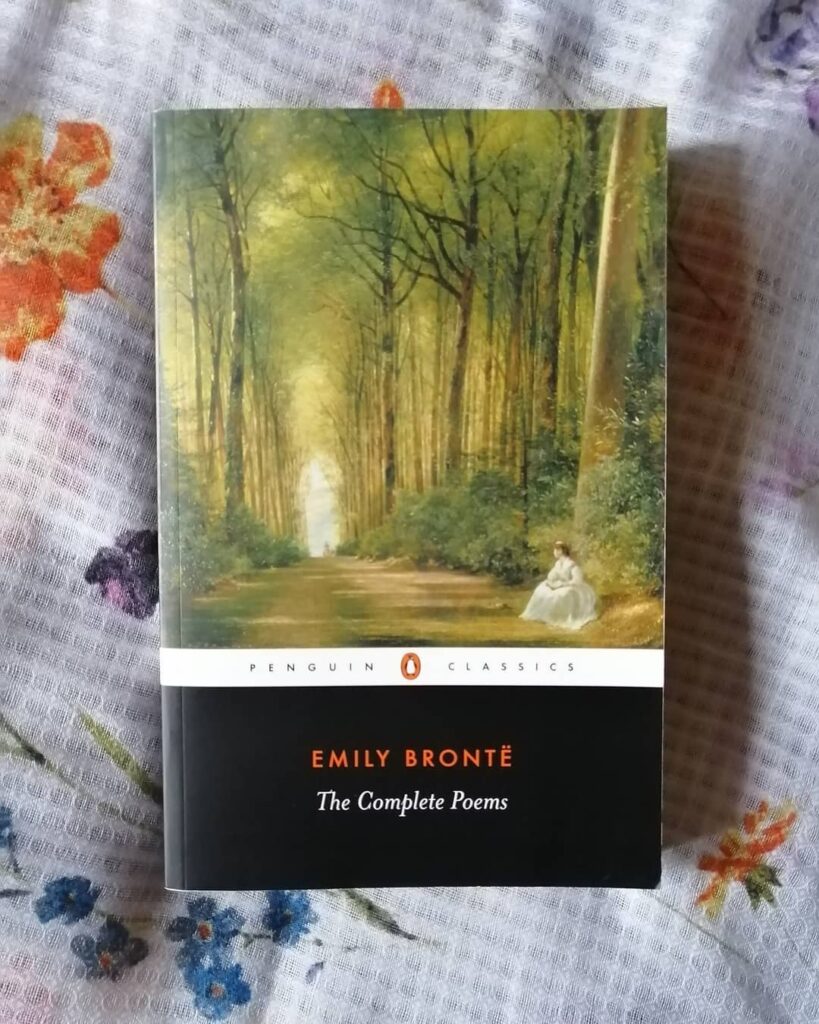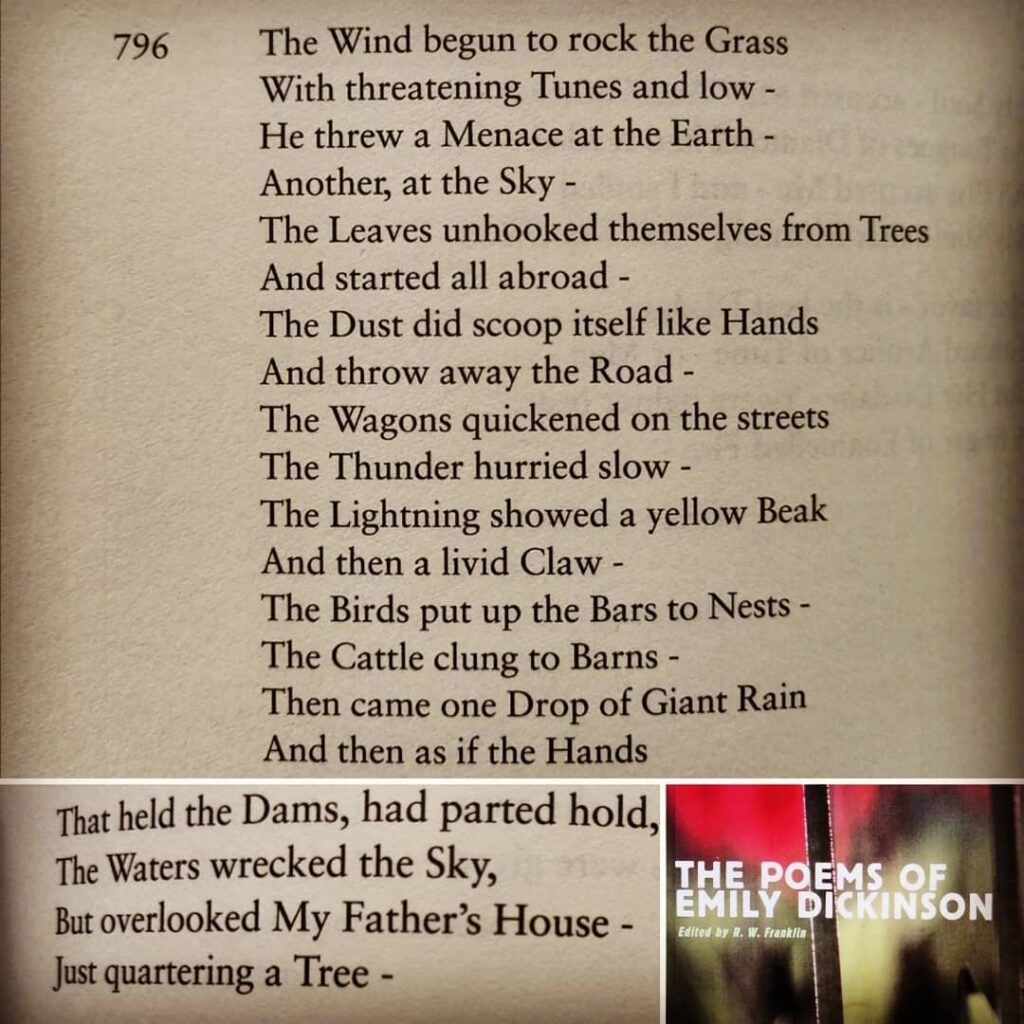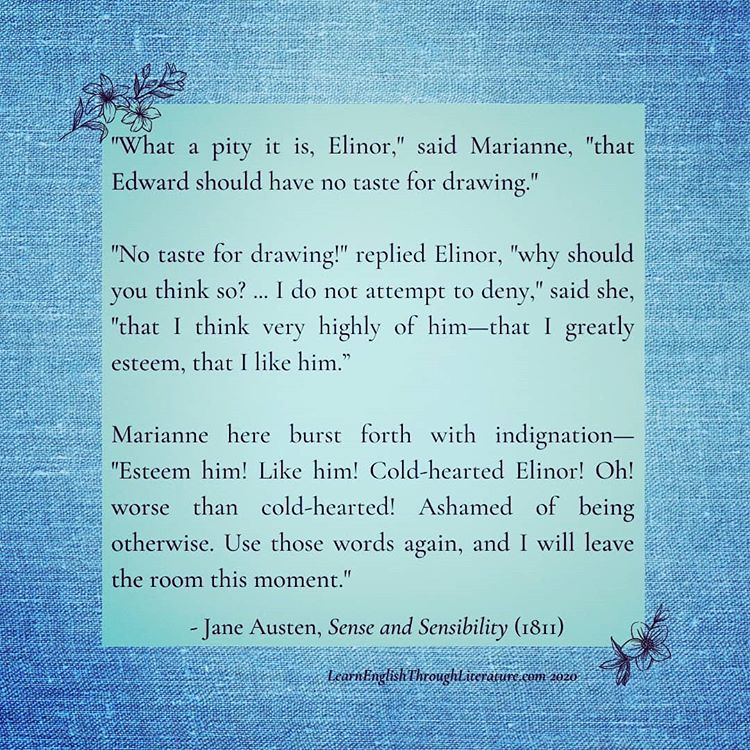Lesson #139: Mini-Lesson Monday (Part 1): All About The Unmissable Conjunction ‘And’
🌺 “It’s the Magic and— and Mrs. Sowerby’s buns and milk and things,” said Colin. – Frances Hodgson Burnett, The Secret Garden (1911). Before we dive into today’s lesson, I have a question for you: is the quotation above, taken straight from an English classic, grammatically correct? Whether you answer ‘yes’ or ‘no’, why do […]
Lesson #139: Mini-Lesson Monday (Part 1): All About The Unmissable Conjunction ‘And’ Read More »

